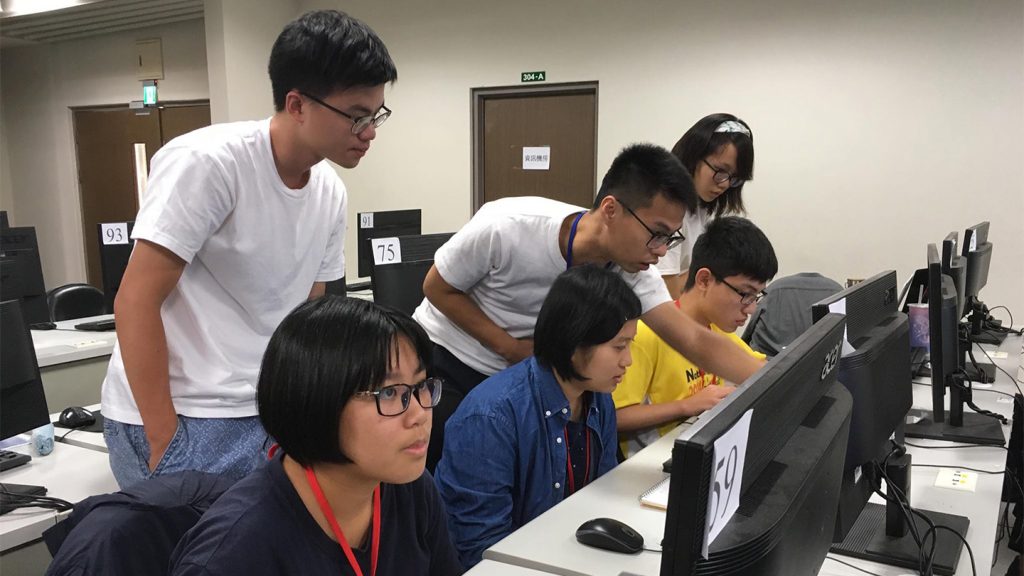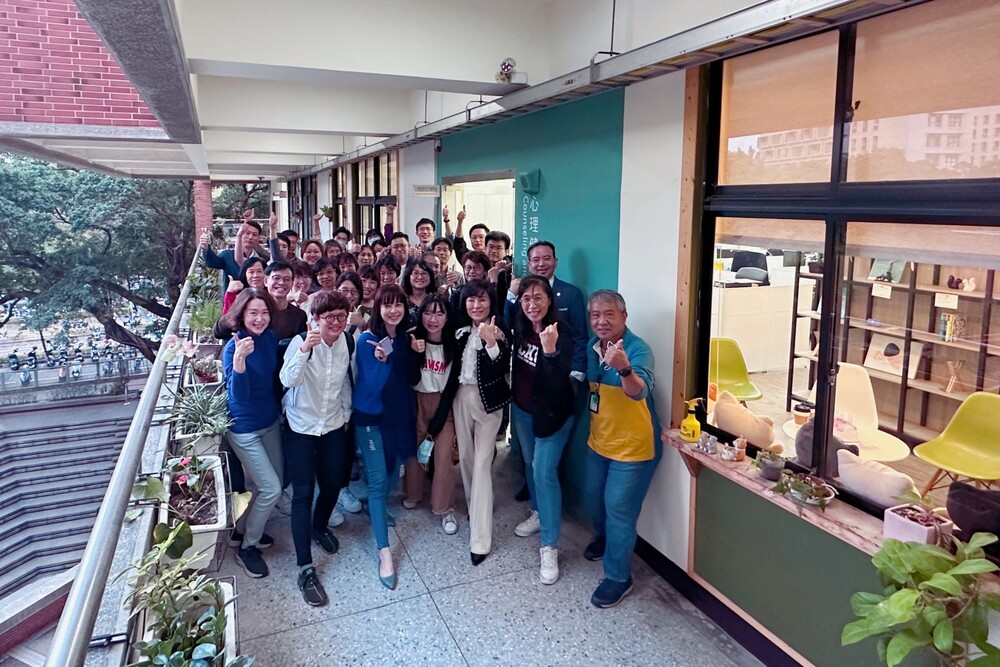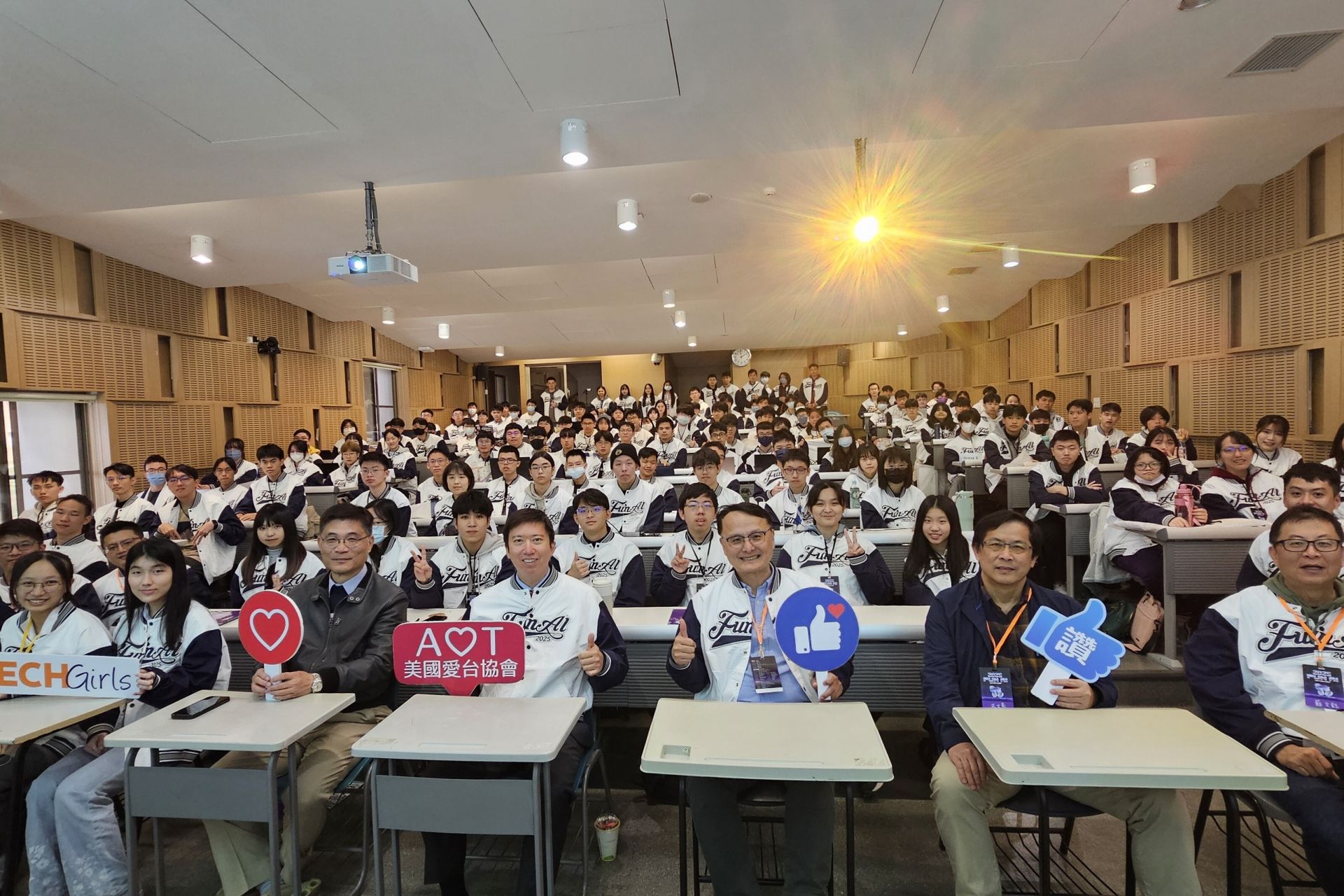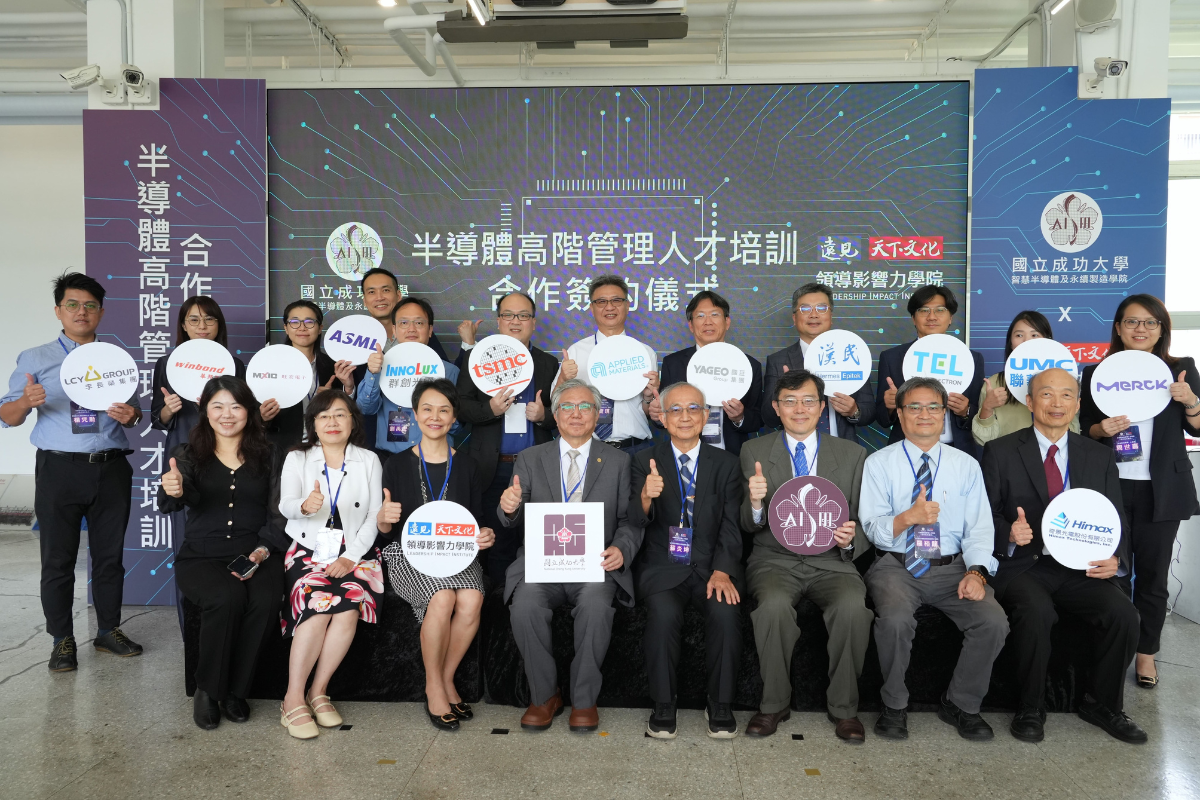SDG4
NCKU’s Cross-disciplinary X-Village Course Breaks Conventions and Rebuilds Teaching from the Ground Up
This summer, NCKU offered an experimental high-intensity progressive IT course called X-Village for college students majoring in fields other than information technology in Taiwan. With six hours of class a day, five days a week, and homework for the students to complete every day, the teachers and teaching assistants were running at full steam. While not all students could complete the course, the majority found the challenge a welcome opportunity to grow and develop. Upon completion of the first phase of the course, the students gained basic IT skills and built bonds of trust with one another, which opens up a range of possibilities for their careers. What surprised the teachers was how proactive the students were in learning.
X-Village is an experimental education project supported by the Ministry of Education. The course comprises two phases: one that ended in September and another which will go on to April . The goal of the project is to cultivate cross-disciplinary talent and provide a platform for cross-disciplinary exchange. Through suitable teaching materials and guidance, they hope to open the gates of computer science to students in different colleges, enable them to understand programming language and write programs, and even create a bridge for collaboration between information engineering and different academic fields. Professor Alvin Wen. Yu. Su and Associate Professor Kun-Ta Chuang of the Department of Computer Science and Information Engineering at NCKU serve as the conveners of the project. The curriculum was designed by a supervisor with more than 20 years of experience in the industry. This curriculum includes basic Python programming, the fundamentals of computer science, collaborative learning on computer science, and interdisciplinary project development.
When the X-Village project was announced, over 160 applications were received from universities throughout Taiwan. The applicants included all sorts of majors in literature, management, medicine, architecture, engineering, and design. In the end, 45 students and 45 auditors were admitted. To enable these students with non-IT backgrounds to grasp the thinking and language of computer science in the shortest time possible, 20 students in the Department of Computer Science and Information Engineering at NCKU were selected and trained to serve as teaching assistants during the course. Furthermore, a five-week weekend introductory course to programming was made available to 45 students from senior high school and vocational high schools, with priority given to disadvantaged students from rural areas. The 45 university students taking the X-Village course were required to serve as the teaching assistants to the 45 high school students and help them learn one-on-one. The final grade of the high school students served as the grade of their teaching assistant.
The X-Village students received intensive instruction for a full two months. Associate Professor Kun-Ta Chuang said that not all of the students could keep up with the pressure. Among the students involved, 5 students, 22 auditors, and 5 high school students dropped out. The students spent more than 10 hours every day learning about computer science, a domain unfamiliar to them, and on top of that, they had to teach high school students on the weekends. The pressure was high. The concept of using the grades of the high school students to stand as the grades of the university students is an innovative approach that took some adjustment from the students, but by the end of the course, many students commented on the immense value and meaning in the feedback they received from the high school students.
Professor Alvin Su explained that to complete the course, the high school students gave oral presentations. Some of them were so nervous, it was most likely their first time speaking in front of an audience. The care and effort they extended into their speeches were touching for everyone who participated. Afterwards, one high school student revealed that he studied as hard as he could after every class at NCKU because he was afraid that any poor performance on his part would affect the university student who taught him. Professor Alvin Su pointed out that upon observation, he found that the university students also examined their own understanding as they taught the high school students. This achieved the goal of teaching benefiting the teachers and showed them that knowledge can be used to help people.
Shao-Wei Chuang, one of the students and a business management major, said that he had applied for the X-Village course because he wanted to create more opportunities for himself. He said that he learned a lot and built his skillset during the two months, but more importantly, his whole mindset shifted, he found partners in various fields, and he gained both creative thinking skills and a wider perspective. He confessed that the first two weeks were the hardest. His days consisted only of eating, sleeping, and programming. He spent a lot of time trying to understand the problems and structures and figuring out ways to write the program he wanted. Sometimes he worked all night with no success. He described it as walking in a long dark tunnel with no end in sight, and he thought of quitting many times. Fortunately, the teaching assistants were very patient with him, helping him with programming, and listening to his complaints. It gave him the will to stick it out, and he slowly began to improve.
Aside from programming tasks, the students taking the course also had to propose projects and complete them in groups. They had to persuade other students to join their projects or be persuaded to join someone else’s project. In the beginning, there were 12 groups. After further screening and showdowns, some students were eliminated. In the end, only four groups containing about a dozen people went on to the second phase. The remaining students faced even greater pressure, but they were determined to succeed. Professor Alvin Su said that it was not easy for the students to work through such a strenuous course, but what they gained in the end was worth all their time and effort.
X-Village is an experimental education project supported by the Ministry of Education. The course comprises two phases: one that ended in September and another which will go on to April . The goal of the project is to cultivate cross-disciplinary talent and provide a platform for cross-disciplinary exchange. Through suitable teaching materials and guidance, they hope to open the gates of computer science to students in different colleges, enable them to understand programming language and write programs, and even create a bridge for collaboration between information engineering and different academic fields. Professor Alvin Wen. Yu. Su and Associate Professor Kun-Ta Chuang of the Department of Computer Science and Information Engineering at NCKU serve as the conveners of the project. The curriculum was designed by a supervisor with more than 20 years of experience in the industry. This curriculum includes basic Python programming, the fundamentals of computer science, collaborative learning on computer science, and interdisciplinary project development.
When the X-Village project was announced, over 160 applications were received from universities throughout Taiwan. The applicants included all sorts of majors in literature, management, medicine, architecture, engineering, and design. In the end, 45 students and 45 auditors were admitted. To enable these students with non-IT backgrounds to grasp the thinking and language of computer science in the shortest time possible, 20 students in the Department of Computer Science and Information Engineering at NCKU were selected and trained to serve as teaching assistants during the course. Furthermore, a five-week weekend introductory course to programming was made available to 45 students from senior high school and vocational high schools, with priority given to disadvantaged students from rural areas. The 45 university students taking the X-Village course were required to serve as the teaching assistants to the 45 high school students and help them learn one-on-one. The final grade of the high school students served as the grade of their teaching assistant.
The X-Village students received intensive instruction for a full two months. Associate Professor Kun-Ta Chuang said that not all of the students could keep up with the pressure. Among the students involved, 5 students, 22 auditors, and 5 high school students dropped out. The students spent more than 10 hours every day learning about computer science, a domain unfamiliar to them, and on top of that, they had to teach high school students on the weekends. The pressure was high. The concept of using the grades of the high school students to stand as the grades of the university students is an innovative approach that took some adjustment from the students, but by the end of the course, many students commented on the immense value and meaning in the feedback they received from the high school students.
Professor Alvin Su explained that to complete the course, the high school students gave oral presentations. Some of them were so nervous, it was most likely their first time speaking in front of an audience. The care and effort they extended into their speeches were touching for everyone who participated. Afterwards, one high school student revealed that he studied as hard as he could after every class at NCKU because he was afraid that any poor performance on his part would affect the university student who taught him. Professor Alvin Su pointed out that upon observation, he found that the university students also examined their own understanding as they taught the high school students. This achieved the goal of teaching benefiting the teachers and showed them that knowledge can be used to help people.
Shao-Wei Chuang, one of the students and a business management major, said that he had applied for the X-Village course because he wanted to create more opportunities for himself. He said that he learned a lot and built his skillset during the two months, but more importantly, his whole mindset shifted, he found partners in various fields, and he gained both creative thinking skills and a wider perspective. He confessed that the first two weeks were the hardest. His days consisted only of eating, sleeping, and programming. He spent a lot of time trying to understand the problems and structures and figuring out ways to write the program he wanted. Sometimes he worked all night with no success. He described it as walking in a long dark tunnel with no end in sight, and he thought of quitting many times. Fortunately, the teaching assistants were very patient with him, helping him with programming, and listening to his complaints. It gave him the will to stick it out, and he slowly began to improve.
Aside from programming tasks, the students taking the course also had to propose projects and complete them in groups. They had to persuade other students to join their projects or be persuaded to join someone else’s project. In the beginning, there were 12 groups. After further screening and showdowns, some students were eliminated. In the end, only four groups containing about a dozen people went on to the second phase. The remaining students faced even greater pressure, but they were determined to succeed. Professor Alvin Su said that it was not easy for the students to work through such a strenuous course, but what they gained in the end was worth all their time and effort.























